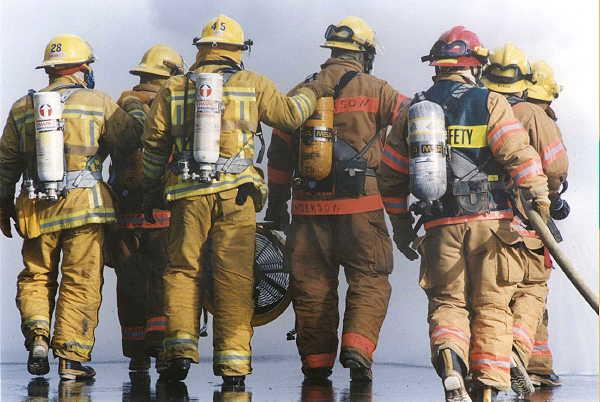Series: An Insurance Guide to House Fires
On your end, you want to recover quickly and get back on your feet. If you want to ensure that your needs are met, here are some things to consider.
Assess Cost of Living Expenses
Even if you wind up staying at a family member’s house, you can still get money for their trouble. Have your family member draft a list of living expenses that they are providing (i.e., room and board, meals, etc.) so that you can include it into your claim. These are called “loss of use” funds, and they will help you out immensely.
Beyond the price of a hotel room, most insurance companies will only consider expenses that are generated as a result of the fire. For example, if your grocery bill is only $400 a month and you’re still spending that living elsewhere, you won’t be able to claim any additional funds.
Getting an Advance
Because filing and processing a claim takes time, you will likely have to secure an advance from the insurance company to handle any immediate expenses or bills. Remember, you have to pay things like mortgage and utilities even if your house is under repair, so you need money to stay solvent.
Don’t Throw Anything Away
It’s natural to think that ruined items should go into the trash, but don’t do anything until it’s been logged into your case file. If you toss something and the insurance company doesn’t know about it, that’s a total loss, and you can’t reclaim it in your settlement.
Don’t Agree to Close the Case Immediately
Don’t close your case too quickly. It can sometimes take several months to assess all of the damage to the property. If your case is closed, and you find additional damage to your property, you won’t be able to do anything because the case is closed. Thus, wait a while before you make things final so that you don’t run into that situation.
Contact Us Today
Don’t wait until it’s too late to contact Bob Johnson Insurance. Your home is one of the most valuable items you own, so it’s crucial that you have a policy that will replace lost or damaged items.
If you live in Knoxville, TN, and the surrounding area, call us today at 865-922-311 or click here to contact us to find out how we can protect you and your family. As an independent agency, we are able to offer a choice of carriers and options, plus personalized advice to help make sense of it all. And, we make it easy by doing the research and the work for you.




